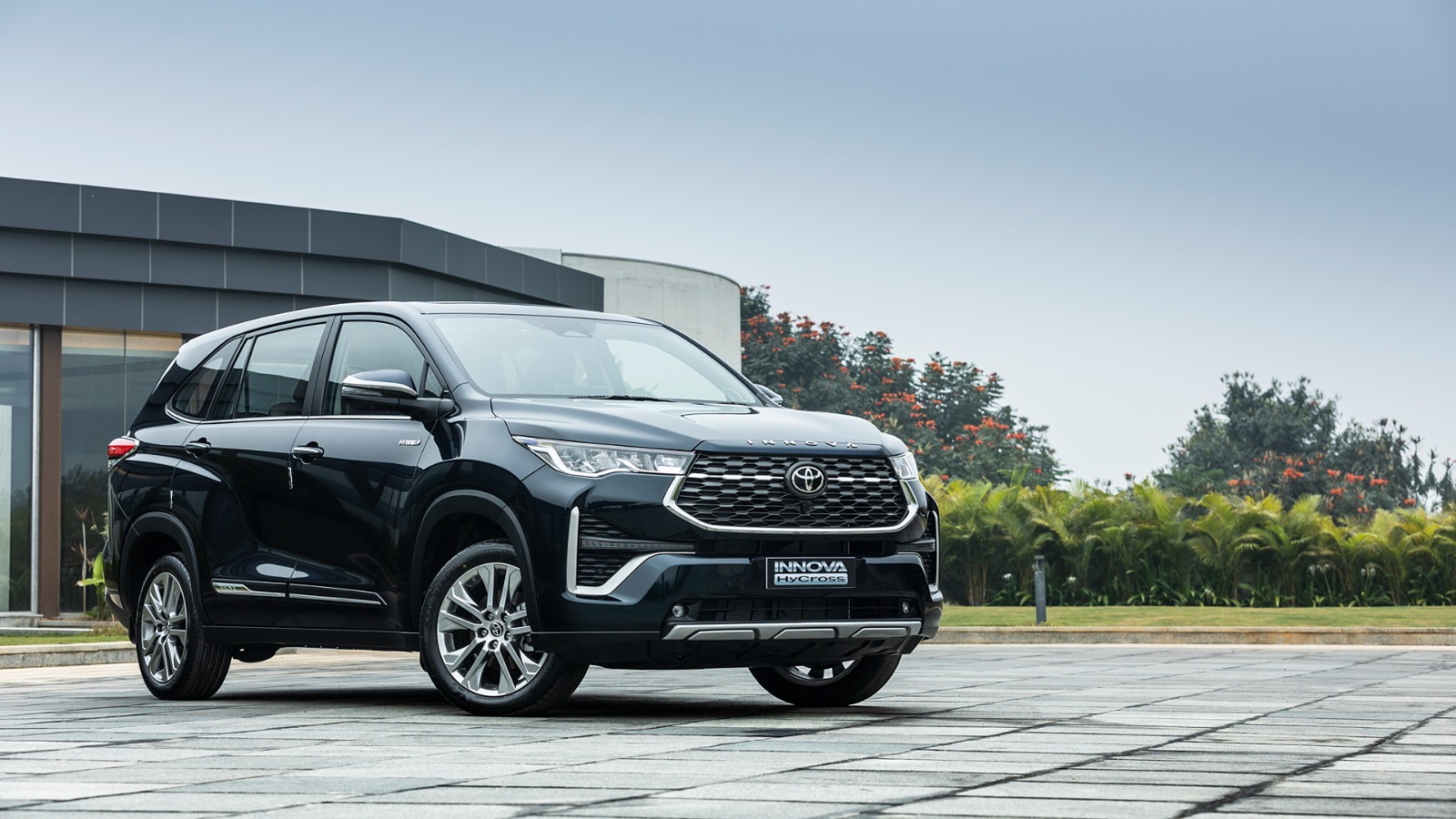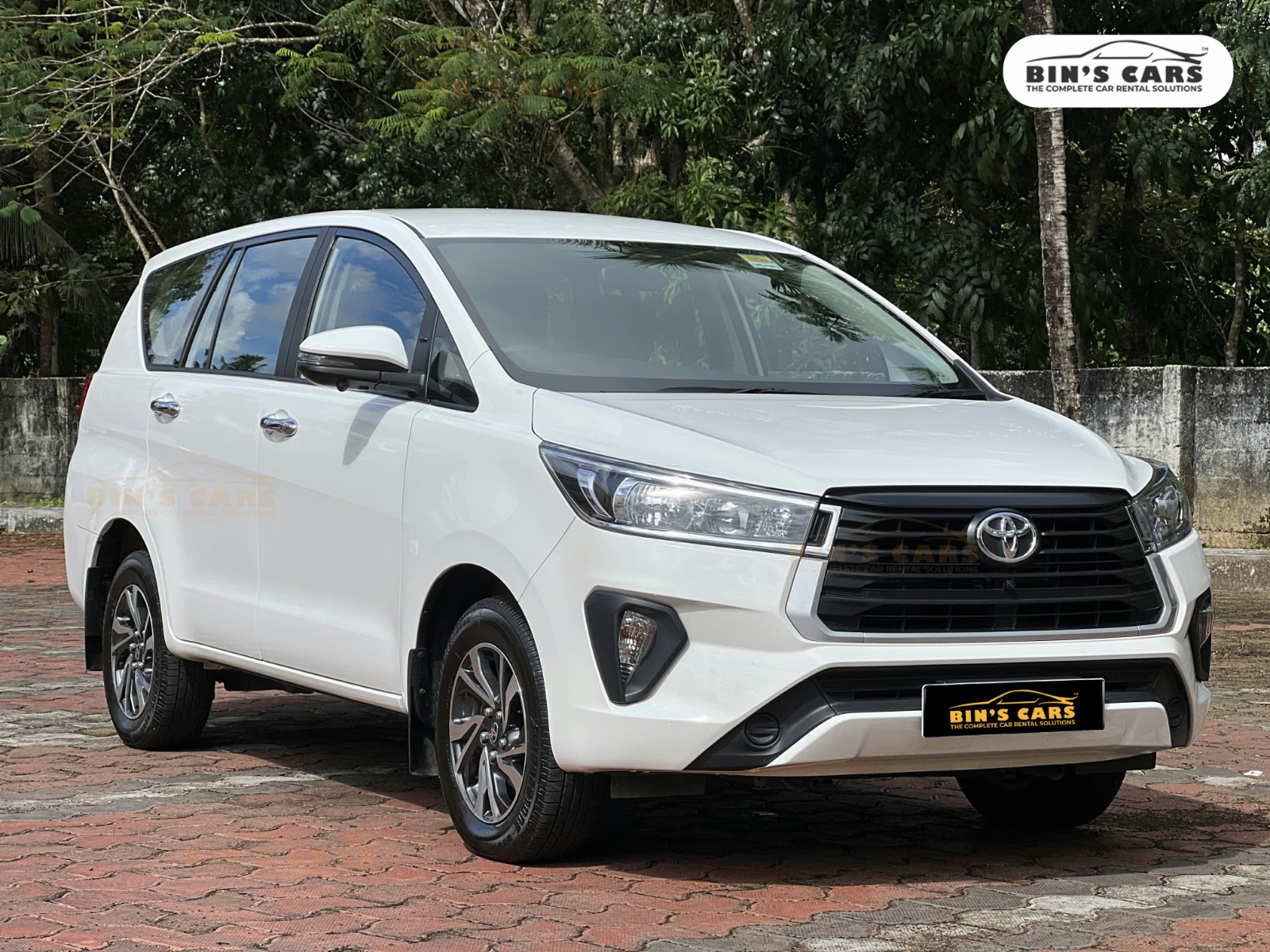
How New Fuel Norms Will Impact Car Rental Prices in Kerala
Kerala, with its stunning coastline, winding hill roads, and lush backwaters, is the ideal place for a self-drive adventure. As a traveller or local looking to secure a self-drive car rentals or rent a car in Kerala without driver, your primary concerns are always freedom, reliability, and most importantly, securing an affordable rate.
However, the cost landscape for mobility—and thus for car rentals—is being reshaped by significant new government policies. India, and consequently Kerala, is rapidly implementing new fuel norms focusing on emissions control, fuel efficiency, and cleaner blends. These changes are increasing operating costs for every car rental Kerala company, and this is inevitably translating into changes in rental rates / price hikes for you, the customer.
This post will break down the new regulations, explain why they’re making cars more expensive to run, and, crucially, give you the essential advice you need to book smart and avoid costly surprises on your next trip.
What Are the New Fuel Norms?
The "new fuel norms" are a collection of strict regulatory changes designed to reduce India's carbon footprint and dependence on imported crude oil. The changes impacting rental companies and their customers most directly are:
1.1. E20 Ethanol Blending: This is the most immediate change. The government is pushing for E20 petrol blend, meaning gasoline will be 20% ethanol, up from the current 10% (E10). While ethanol is a cleaner-burning fuel, it contains less energy than petrol. Experts and manufacturers have noted that this can lead to a slight drop in fuel efficiency (often cited in the range of 3-5%) for vehicles not specifically optimized for E20. This directly increases the total fuel consumption (and cost) for the rental company.
2.2. Stricter Corporate Average Fuel Efficiency (CAFE) Norms: CAFE standards require manufacturers to improve the average fuel efficiency of their entire fleet of cars sold each year. This forces companies to introduce new, more expensive technologies into vehicles, such as turbochargers, advanced transmissions, and start-stop systems. While these modern cars are ultimately more efficient, they come with a higher initial purchase price and potentially higher maintenance costs, which are passed on to the renter.
3.3. BS-VI Phase II Emissions Standards: India’s shift to Bharat Stage VI (BS-VI) Phase II has necessitated expensive hardware changes (like sophisticated catalysts and sensors) in new cars. This again drives up the initial procurement cost for rental firms when they upgrade their fleet.
In addition to these federal mandates, Kerala's unique context—with relatively high state taxes on fuel and possible Kerala-specific fuel cess additions in state budgets—exacerbates the overall cost of fuel compared to other states, amplifying the impact of reduced fuel efficiency.
Implications for Vehicle Operating Costs
For a company that offers self-drive car rentals, higher operating costs are an immediate pressure point. These new fuel regulations don’t just affect the cost at the pump; they influence the entire vehicle lifecycle cost.
● Higher Fleet Procurement Costs: New vehicles that comply with BS-VI Phase II and CAFE norms are simply more expensive to buy. A rental company must pay this premium, which they recover through higher basic rental tariffs.
● Increased Fuel Procurement Cost: Even if fuel prices are stable, the slight reduction in mileage due to E20 fuel means a car covering, say, 10,000 km in a month, will require more liters of fuel. This direct consumption increase is a daily cost pressure.
● Maintenance and Vehicle Wear: More complex engines and emission systems often require specialized, and thus more expensive, servicing. Furthermore, older vehicles in a fleet, while perhaps not illegal to run, may face reduced fuel mileage and increased wear when running on the new E20 fuel blend, leading to higher maintenance and downtime costs.
● Compliance and Administrative Costs: Ensuring every vehicle meets the latest government standards, handling increased taxation on compliant vehicles, and managing the insurance premiums for these newer, more valuable cars all contribute to the rental company’s overhead.
All these factors mean the fundamental cost of providing a reliable, compliant car for rent has gone up significantly.
How Rental Rates Are Likely to Change in Kerala
Given these upward cost pressures, you can expect rental rates in Kerala to adjust in a few key ways. Rental companies, particularly those focused on long-term sustainability, cannot simply absorb these costs.
● The Basic Daily/Weekly Rate Will Rise: This is the most straightforward adjustment. The higher cost of fleet procurement and maintenance will be reflected in a permanent increase in the base rental price. Don’t be surprised to see a gradual but consistent price hikes in the standard daily rate for all vehicles, especially for popular models like an automatic car for rent.
● Variable Fuel Surcharges: To manage the volatility of fuel prices and the slightly reduced efficiency from E20, many companies might introduce or formalize fuel surcharges. If you opt for a full-to-full fuel policy, the impact on your wallet will be in the form of higher fuel expenses because your car will consume slightly more fuel over your trip distance.
● Focus on Fuel-Efficient Models: Rental companies will increasingly push models with superior fuel efficiency standards, as these cars save them money in the long run and allow them to offer a slightly more affordable rate compared to gas-guzzling alternatives
● Minimum Rental Durations: Some operators may raise the minimum rental duration to ensure better utilization and cost recovery, potentially making short, weekend rentals (e.g., less than 48 hours) less common or disproportionately expensive.
The unique hilly terrain and long-distance travel common in Kerala (from Kochi to Munnar, for instance) amplify the impact of these changes. A small drop in efficiency makes a big difference over hundreds of kilometers of climbing and winding roads
Advice for Renters: What to Ask Before Booking
As a savvy renter looking for an affordable rate, you need to adapt your booking strategy. Your questions should now focus not just on price, but on the vehicle's efficiency and the company’s policy transparency.
1. Check the Fuel Policy (Who Pays?): Clarify whether the quoted "rate" includes fuel cost or not. For the vast majority of self-drive rentals, you are responsible for fuel. Therefore, you must factor in the higher fuel consumption you'll likely face due to the new E20 blend. Ask specifically about any fuel surcharges that might be added separately.
2. Inquire About Vehicle Compliance and Age: Ask if the vehicle is fuel-norm compliant (e.g., BS-VI Phase II). Newer, compliant cars are optimized for the new fuels, offering better efficiency than older, non-compliant models which may suffer a larger mileage drop.
3. Opt for Smart Vehicles: When choosing an automatic car for rent, prioritize models known for excellent mileage. Even considering hybrid options may now be worthwhile, especially for longer, inter-city trips where fuel savings will outweigh the slightly higher initial rental cost. Estimate realistic mileage for your route, bearing in mind the E20 factor and Kerala’s challenging roads.
4. Confirm the Insurance and Maintenance Details: Higher compliance standards mean good maintenance is crucial. Ask about the service history. A well-maintained vehicle is far more likely to retain its promised fuel efficiency, mitigating the effects of the E20 blend.
Why Govt Approved / Reputable Rent-a-Car Services Matter More Now
In this new regulatory environment, choosing a government approved rent a car service is more critical than ever. The drive for compliance separates the reliable operators from the rest.
Reputable firms are more likely to have:
● Compliant and Upgraded Fleets: They invest in newer vehicles that meet the new fuel regulations and are optimized for E20, offering you better efficiency and reliability.
● Transparent Pricing: They will clearly communicate any potential price hikes or fuel policies, avoiding hidden costs and unexpected fuel surcharges that often plague cheaper, uncertified operators.
● Professional Maintenance: To ensure their expensive, compliant assets retain their value and efficiency, reputable firms will maintain them rigorously. This translates to better fuel mileage and fewer breakdowns for you.
Conversely, cheaper, un-certified operators might cut corners by using older, non-compliant vehicles that are heavy consumers of fuel, leading to a much higher overall cost for the renter once fuel bills are tallied. Your peace of mind and final bill depend heavily on the integrity of your provider.
Conclusion
The new fuel norms are a necessary step towards a greener future, but they undeniably push up the operational cost base for every car rental Kerala company. As a renter, you should anticipate a gradual upward trend in rental rates as firms pass on the costs of compliant fleets, higher maintenance, and slightly increased fuel consumption due to E20 blending.
To secure the best value for your trip, you must be a savvy shopper. Before you rent a car in Kerala, prioritize efficiency, clarify the full fuel policy, and always choose a reliable, government approved rent a car service. By doing your homework, you can manage the impact of these changes and enjoy your self-drive adventure across the beautiful state without budget surprises.
What are your thoughts on choosing between a slightly more expensive, fuel-efficient car versus a cheaper, older model for your next Kerala trip?







